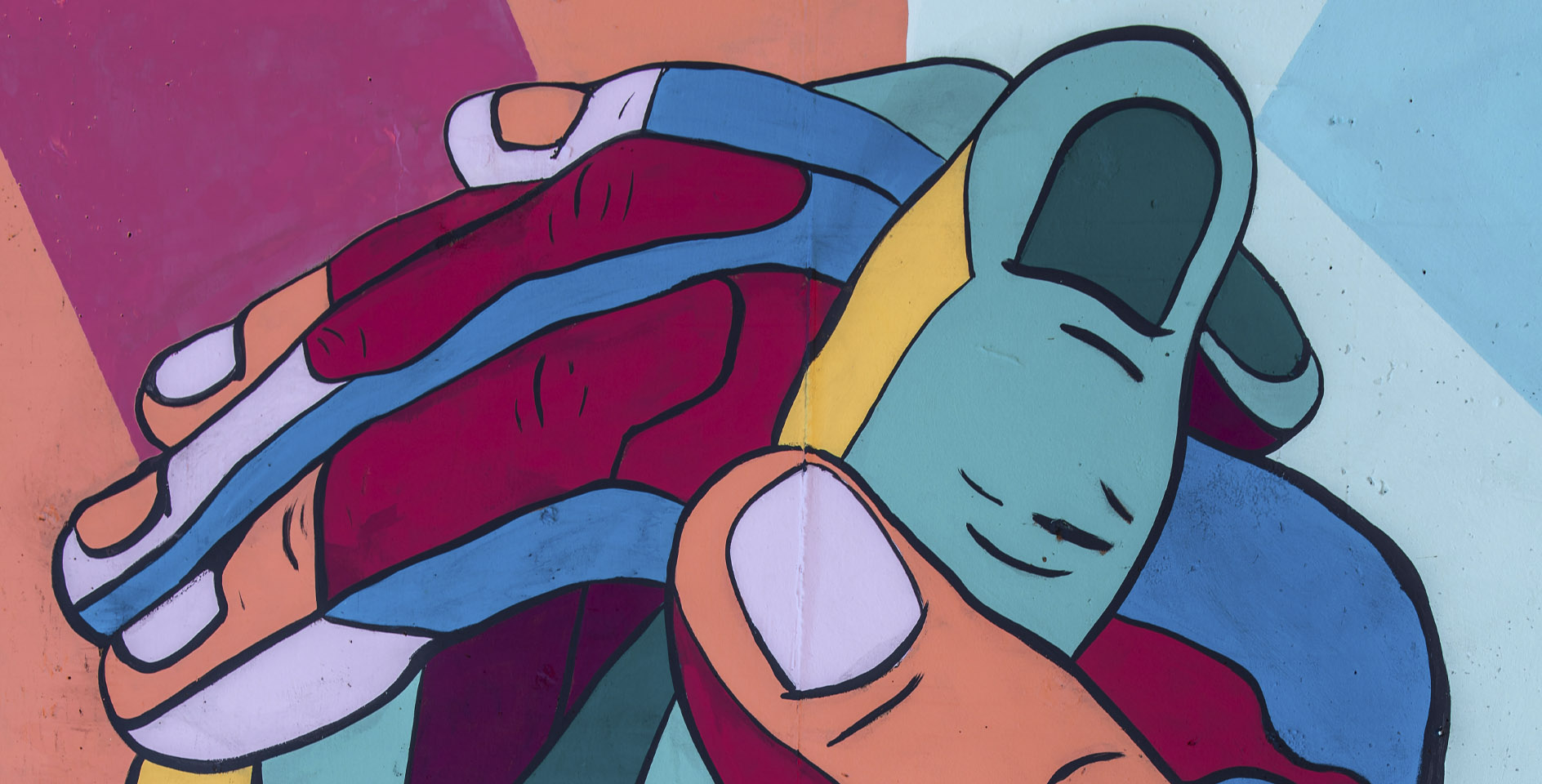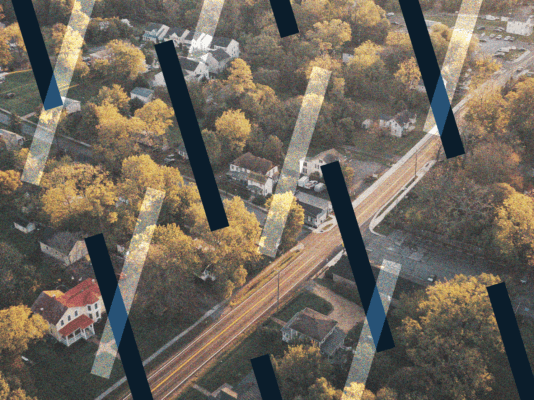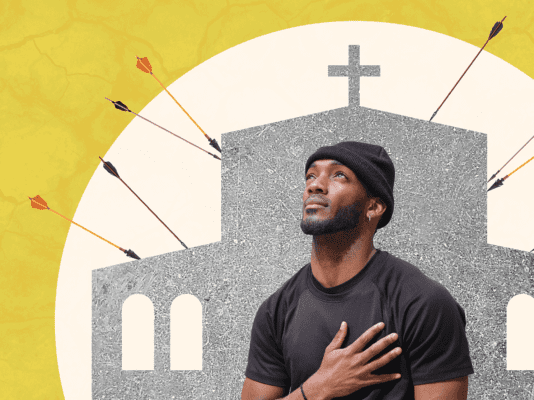Parenting is hard, but learning how to parent as a white mom to black, white, and biracial children and discuss racial issues with them has been quite the journey. They are not naïve to the realities of living in a broken society. I’m burdened that talking about racism and racial reconciliation is a conversation that we need to have because we bear the responsibility of training them up in the Lord in our family and faith community. Raising children who not only see the brokenness in our society, but know that the gospel speaks a better word is powerful. So, here are three tips on speaking to your children about racism.
1. Use Scripture as a starting point
Christians should understand that where there is brokenness, there’s the opportunity to reflect the redemptive character of God. The racial divide in our nation presents the opportunity for Christians to bring light into a dark space. When talking to our children about this, it’s important to make sure their understanding is rooted in Scripture.
The Bible is clear about God’s love for all people. It is absolute when declaring the good news of Jesus Christ is for all nations (1 Chron. 16:23-24; Matt. 28:19; Rev. 7:9). It is emphatic that believers are called to care about the good of all people (Matt. 25:31-40; James 2: 1-13; Isa. 1:17; Deut. 15:4-5; 1 John 3:17). Unity in the body of believers, a unity that transcends family ties and ethnicity, is preached throughout the New Testament. The concept that all men and women are made in the image of God is a theological doctrine that believers hold to, and all of these truths should affect the way we live with and love each other.
So when talking to our kids about racism, the foundation for our conversation needs to be rooted in the Word of God. Cultural perspectives might shift and change, but our God and his Word never change. And if we believe the Word of God is living and active, sharper than any two-edged sword and that it has the power to renew our minds, then we should run to it as our primary resource to begin tackling the social ills of our day—and teach our children to do so as well.
2. Be honest about the realities of sin in our world
With Scripture as our foundation, we can boldly engage the realities of sin in our world. Children understand a lot more than we give them credit for, and we are not doing them any favors by pretending the sin of racism does not exist. From an early age, it’s important to teach children about sin and our great need for Jesus. And then when that foundation is built, it is possible to start discussing the history of our nation and its current state.
When talking to your children about race and racism, it's important to focus on four key features:
- Establish imago Dei and God's love for all people;
- Confess racism as sin;
- Affirm the Christian’s call to unity and the dignity and beauty of those whose dignity is under attack;
- Learn about and share our society's history and current issues with racism.
Here are a few age-appropriate ideas to start the conversation:
Young children:
To introduce imago Dei and God’s love for all people: Specifically name ethnicities. Use picture books to help build this foundation. Phrases we use in our family are: “All people are made in the image of God,” and “No person or group of people is better than others,” and “Who did God come to save? ALL people.”
Talking to your children about the sin of racism is hard, and it's okay to not have all the answers, but doing and saying nothing is not an option.
To establish sin nature: “Do all people sin? Yes, they do. That’s why God sent Jesus to save us all from our sin. Are all people, including you and mommy and daddy, capable of doing bad things? Yes. That’s why we need Jesus!”
To affirm the beauty and dignity of all people: When reading children’s picture books, be sure to include a diverse selection and call out beauty when we see it in characters of all colors, “Oh look at her beautiful dark eyes,” or “Wow, he seems really smart and kind!”
To introduce the history of racism: Use the Bible story about Moses leading his people out of Egypt and how Pharaoh treated the Israelites poorly to show how sometimes certain people groups use power to control, enslave, and mistreat other groups of people.
Ages 6-11:
To introduce imago Dei and God’s love for all people: Say, “Everyone is made in the image of God— that means that white people, brown people, black people, and every shade in between all reflect God uniquely and equally.”
To establish that racism is a sin: Say, “Some people believe that some groups of people are better than others based on the color of their skin. This is called racism. Does God believe that? No. What does Scripture say about that? Scripture tells us that racism is sin. Yet, praise God because he made a way for us to confess our sin and repent.”
To affirm the beauty and dignity of all people: Say, “Our family believes that all people are made in the image of God, so we celebrate the differences in skin color and culture. When people are mean to other people and when their words and actions work toward hurting other people, we stand up for what’s right. We use our words, our resources, and our power to help others because that is what Jesus did for us.”
To introduce the history of racism: Show age-appropriate videos or read them books on the civil rights movement. Talk to them about slavery, but also talk to them about racism that currently exists in our country.
Ages 11+:
At this point, as your child ages, have more honest and in-depth conversations on race and what Scripture has to say about it. We recommend doing this in community with your local church, which is why Lifeway and the ERLC have produced a new resource for adults called “The Church and the Racial Divide.” When having these conversations, be sure to follow the four-point framework above.
3. Read diverse books that honor the imago Dei in all people
There is a well-known theory on representation in education called “Windows and Mirrors,” introduced by Dr. Rudine Sims Bishop.[1] The idea behind this concept is that children use books as both windows to look into other cultures and mirrors by seeing themselves reflected in their current society. Children need books where they see themselves, and they need books where they see other cultures valued. And if there is an imbalance (too many windows or too many mirrors), harm is done to both majority and minority children.
Dr. Bishop states, “When children cannot find themselves reflected in the books they read, or when the images they see are distorted, negative, or laughable, they learn a powerful lesson about how they are devalued in the society of which they are a part.”[2] And on the other end of the spectrum, when the majority of children primarily see “reflections of themselves, they will grow up with an exaggerated sense of their own importance and value in the world – a dangerous ethnocentrism.”[3]
Education research shows what Christians should know to be true: God’s love for all people should be evident in all that we do, including the books that we read. Books like God’s Very Good Idea, When God Made You, ColorFull, ThoughtFull, GraceFull, and The Tiny Truths Illustrated Bible are all books that can help disciple your children in seeing the dignity and value of all people.
Having a diverse and beautiful book collection for your children can be a catalyst for change, but it won’t be nearly as effective if you’re not having continual conversations with them about these books and engaging in diverse relationships. Yet, books like these are beautiful resources to assist you in your endeavors to talk about and model a love for all people.
Conclusion
Talking to your children about the sin of racism is hard, and it's okay to not have all the answers, but doing and saying nothing is not an option. Dr. Martin Luther King Jr. once said in a speech at Oberlin College in 1965, “The time is always right to do what is right.” And it’s my personal observation that many parents want to talk to their kids about race, but they just don’t know where to start. Let us not be a generation who turns away from difficult conversations, but instead let us press into them, proclaiming the restorative hope that the gospel offers. I am praying that this list will serve your family as you equip your children to talk about and confront racism Biblically.










